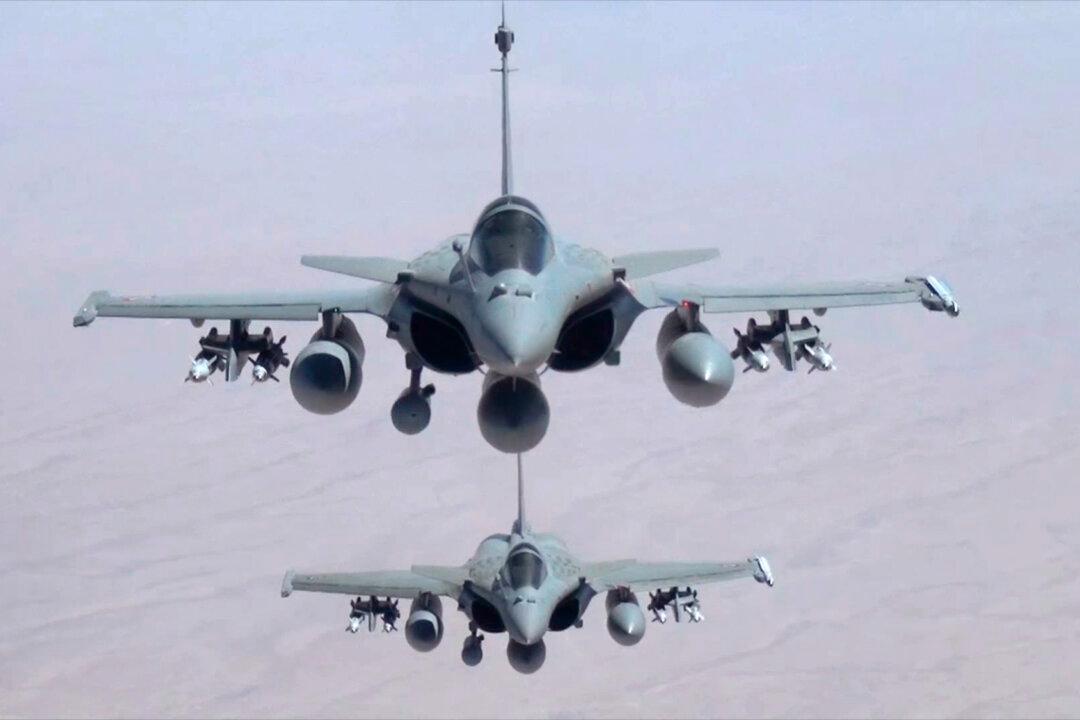France has reaffirmed its role as a Pacific power after the French Armed Forces completed a demonstration of long-distance air power projection.
The force projection, code-named Mission Pégase 22, saw a contingent of the French Air Force travel from Paris to New Caledonia in just 72 hours, more than 16,600 kilometres (10,315 miles), demonstrating France’s ability to engage in possible conflict in the Pacific.




